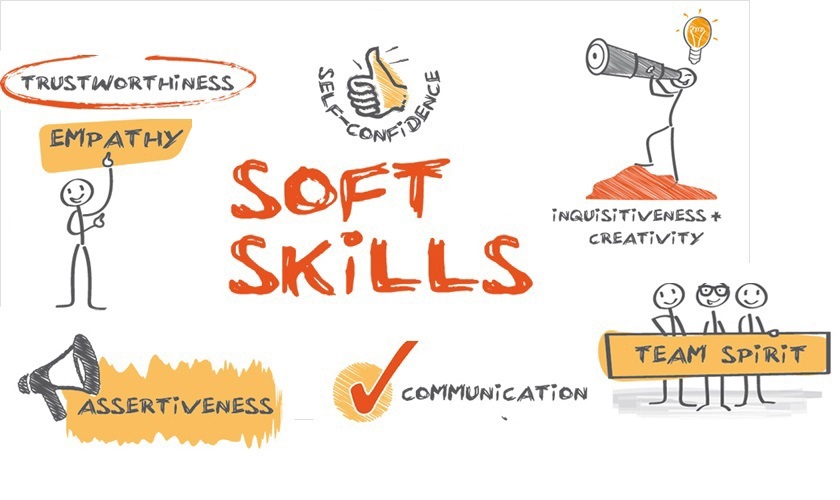In the field of soft skills, we find a combination of social skills, communication, way of being and approaching others, among others; In this sense, general skills allow a particular person to connect and communicate in a more or less intelligent way. it is therefore a very popular component today, because it allows institutions and work teams to function properly.
As a result of this idea, many companies around the world turn to professionals capable of developing their soft skills in parallel with their studies, which makes them much more interesting candidates for any team: it is assumed that, thanks to these skills, they have good communication capacity and empathy.
- Currently.
- Most companies have begun to take into account other characteristics of the workers they are looking for.
- In addition to their training or experience.
- We are talking about social skills.
- Communication and teamwork.
- Factors that can be decisive in a selection process.
- Determining the choice of one or the other candidate.
This is where soft skills come in, which will allow us to present ourselves as very interesting candidates for a given position during a job interview, if you work and develop them you will have a lot of advantage over the rest of the candidates.
In addition to academic preparation, here are some of the most appreciated general skills in the selection process for a job opportunity:
The process of learning soft skills, or their development, goes through four phases:
First, the process of developing non-technical skills begins at a stage where we don’t know that these skills exist, they are part of many of the results we get, but we don’t care because we don’t consider them important.
The second stage begins when we realize that we have no competence, at this point we make the decision to move forward with learning and the first problems begin to arise, so this stage will require our full conscious attention.
This third phase of the development of our general skills will be the one in which we will begin to realize that we are learning. As we acquire a skill, we can gain self-confidence and strengthen that skill more and more.
Finally we reach the stage of unconscious competition, at which point the competition in question is so integrated into us that it has become part of our personal characteristic, impregnating our manifestations and making them better in terms of adaptation to the environment.
When the skill is incorporated into the unconscious, its application appears almost instinctively, almost without thinking, in fact, others may think it is an innate skill.
In short, like many other skills, our performance with them improves with practice. On a day-to-day life, theoretical and academic knowledge is not enough; we have to put into practice what we know, especially when it comes to social skills.
Finally, we cannot forget that the improvements we have made are no longer made, no more or less than the result of a learning process. Genetics may have given us better or worse characteristics, but it is we who are on a mission to develop them and create our own basket of social skills.

